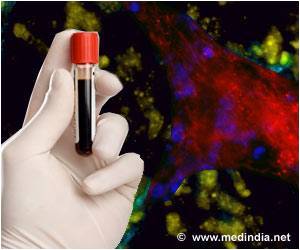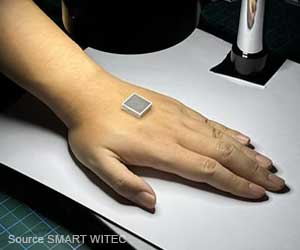Scientists develop platelet-like particles that move towards the sites where clotting is occurring, and contract the clots much like natural platelets do.

To overcome the obstacle, researchers at Georgia Tech and Chapman University in California have developed platelet-like particles (PLPs). These PLPs are able to move towards the sites where clotting is occurring and contracting the clots much like natural platelets do.
The PLPs are made out of ultrasoft gel coated with bits of antibodies. These antibodies bind specifically to fibrin, but not to fibrin’s precursor, fibrinogen.
Because fibrin is generated only when a clot is made, PLPs bind and become active in areas where the clotting is already in progress.
The researchers hope that PLPs could one day be injected into soldiers about to go into battle, helping to treat wounds as soon as they happen.
The researchers tested PLPs within a microfluidic device that stimulates intravascular environments, as well as on laboratory animals with traumatic injury.
 MEDINDIA
MEDINDIA




 Email
Email




